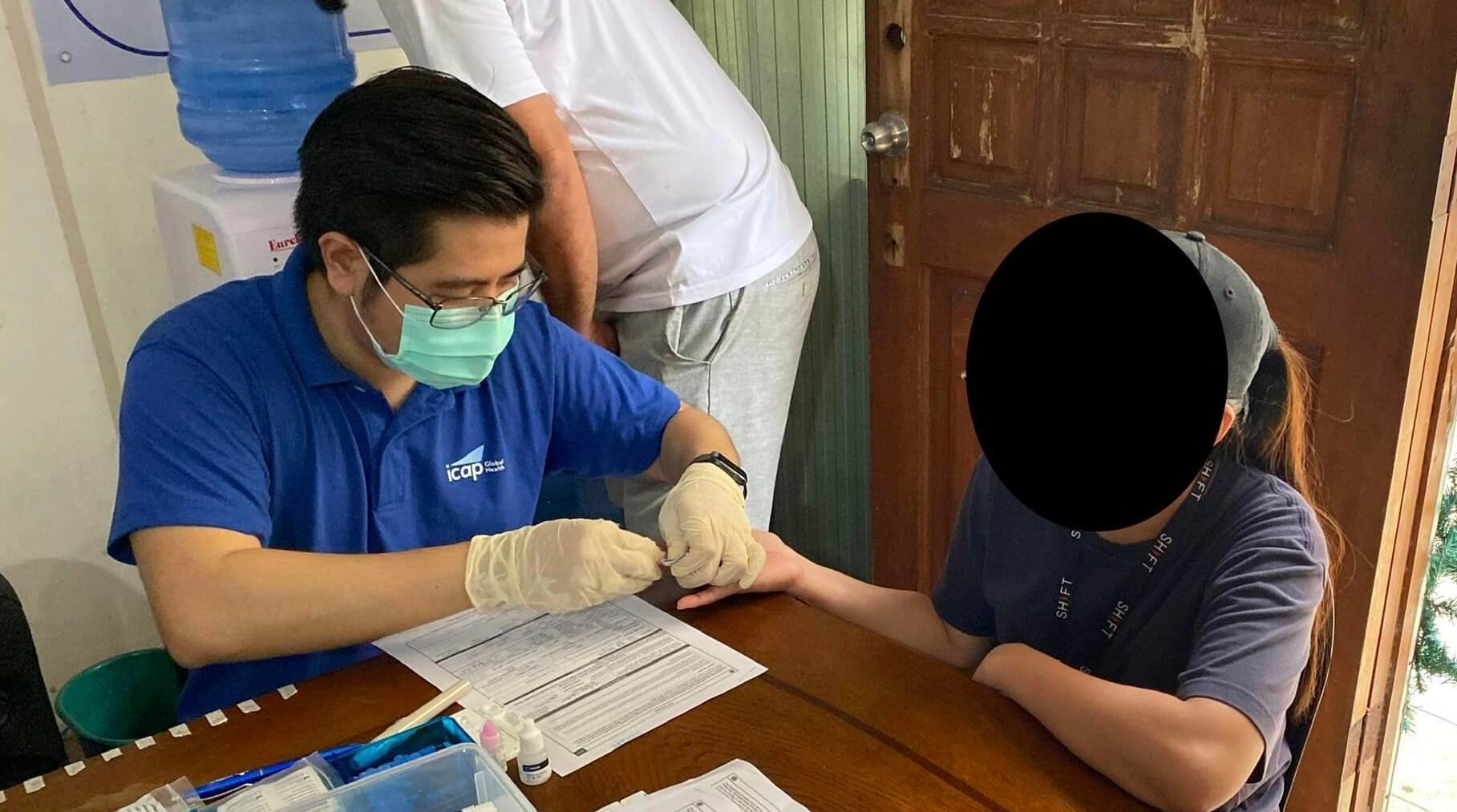SUMMARY
This is AI generated summarization, which may have errors. For context, always refer to the full article.

CEBU, Philippines – The words “shoot to kill” never leaves Johann “Panki” Nadela’s mind as he works day and night to provide health services to young people with substance abuse disorders (SUD) and those that use drugs to cope with life.
These words that trouble Nadela came from the lips of Rodrigo Duterte at the start of his presidency. The iron-fisted president also came up with a dozen promises as part of a grandiose vision to eradicate the country of drug pushers and addicts.
“Every user was a target,” Nadela recalled of that benighted period.
As someone who struggled with drug dependence in the past, Nadela knew that it was fear that was going to prevail in the communities labeled as “drug hotspots” and not the acceptance of the humane approaches to remedy the malady.
Despite this, Nadela made it his life’s mission to fight for a “better answer” to the war on drugs. That better alternative is harm reduction—a concept that consists of providing healthcare services, social reintegration, legal assistance, and psychosocial support for all persons who use drugs (PWUDs).
Before Duterte, Nadela worked for several outreach programs focused on case-finding and service-delivery for people who inject drugs (PWID) and persons at risk of the human immunodeficiency virus (HIV).
In 2015, the outreach worker became a community organizer and co-founded IDU Care—a community-led organization of PWUDs that actively advocates compassionate and realistic methods in solving the country’s drug problem.
IDU Care currently manages a community drop-in center in Cebu City that provides paralegal assistance, counseling, medical treatments and therapy, and resources for peer education programs on safe practices for persons living with drugs.
“When the drug war came, we never thought of stopping. It was already in our nature to help our people,” the community organizer said.
A problematic system
According to Nadela, the drug war heavily impacted operations at IDU Care’s community drop-in center, forcing them to integrate precautionary measures in their outreach activities and services.
Nadela shared that at least two members of the organization were victims of extrajudicial killings during Duterte’s drug war.
One of them, the community organizer said, was “Kaloy” who was an active member of IDU Care and an activist who advocated for workers’ rights in Cebu. Kaloy was shot dead as he stepped down from a tricycle on his way home in Consolacion town in 2017.
Based on estimates from human rights groups, there were around 27,000 to 30,000 vigilante-style killings under Duterte’s administration. Government data also showed that at least 7,884 drug suspects were killed by police from June 2016 to August 2020.
But if not killed, drug suspects suffer a worse fate in the Philippine jail system, said Honey Andres, a cofounder of police and prison abolitionist affinity group ABOLISYON!
“When you put (PWUDs) inside of the prisons, they don’t have access of any kind to treatments that can replace the drugs that they are taking. Withdrawal symptoms can be very deadly,” Andres said.
Andres added that because of this, PWUDs may be influenced or exploited to commit illegal or harmful acts inside of prisons in exchange for certain substances.
To save lives
Nadela told Rappler that he dreams of seeing a comprehensive harm reduction policy being used by the national government to address the needs of PWUDs in the country.
In recent years, IDU Care has collaborated with civil service organizations, local government units, and international organizations like the International Drug Policy Consortium (IDPC) for programs aimed at harm reduction.
For Gloria Lai, IDPC Asia Regional Director, harm reduction involves health-based approaches that put value on treatment rather than actions that reinforce the stigma associated with drug use.
“When we talk about harm reduction, the focus is usually on HIV and treatment but a lot of that is impacted by the surrounding environment and that comes down to drug laws and policies,” Lai said in a phone call interview with Rappler.
The harm reduction advocate explained that changing drug policies from a punitive framework to a health-based framework can provide an enabling and rehabilitative environment for PWUDs.
This includes ending the use of “drug lists” or the act of listing down drug users to be apprehended or for “TokHang”.
“If you don’t remove the criminalization and punishment, you are not going to benefit from the health-based approach,” Lai said. – Rappler.com
Add a comment
How does this make you feel?













![[OPINION] Rodrigo Duterte and his ‘unconditional love’ for China](https://www.rappler.com/tachyon/2024/04/rodrigo-duterte-xi-jinping-august-2019.jpeg?resize=257%2C257&crop=91px%2C0px%2C900px%2C900px)



![[The Slingshot] Lito Patay’s 4 hours and 38 minutes of infamy](https://www.rappler.com/tachyon/2024/07/Lito-Patay-4-hours-infamy-July-19-2024.jpg?resize=257%2C257&crop=233px%2C0px%2C720px%2C720px)
There are no comments yet. Add your comment to start the conversation.